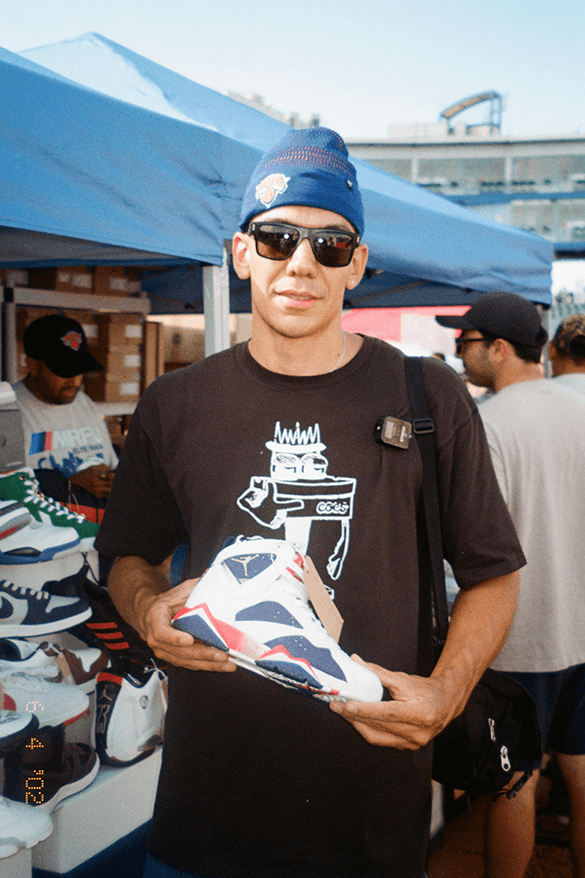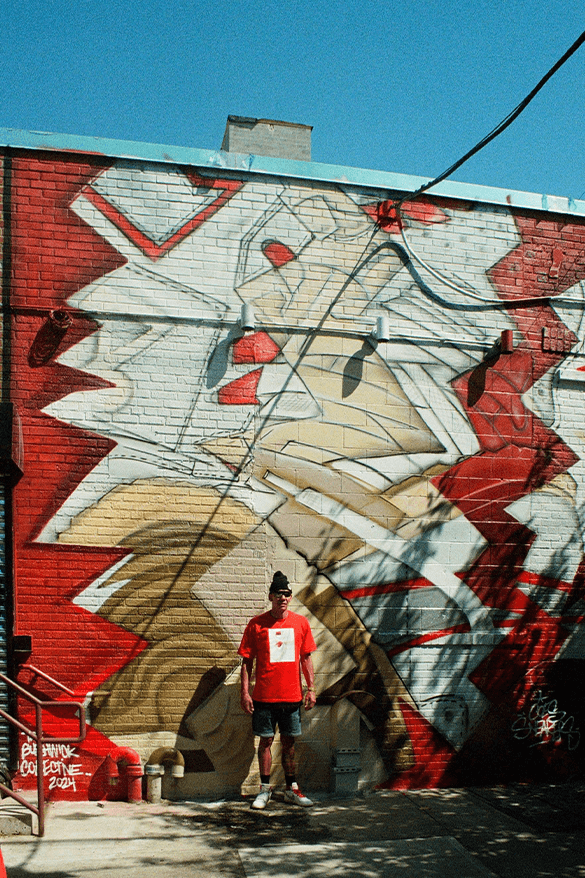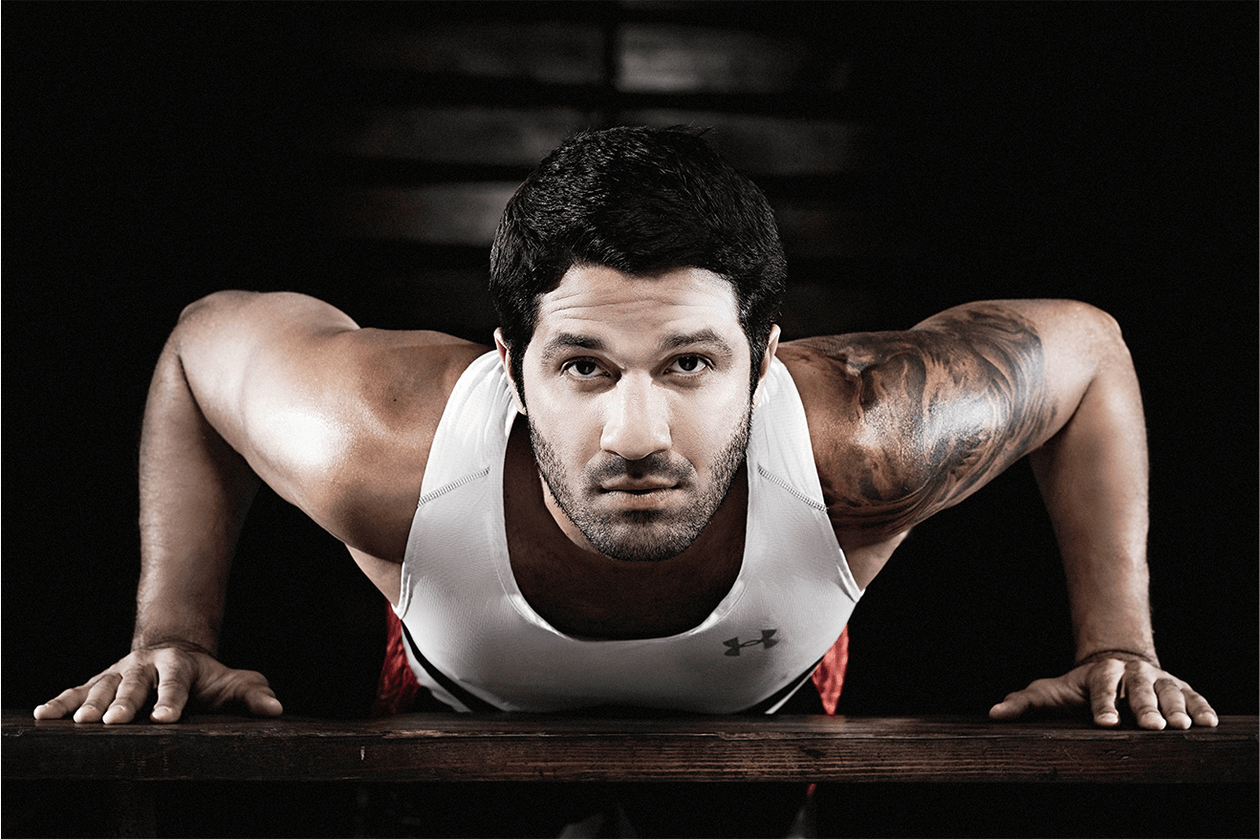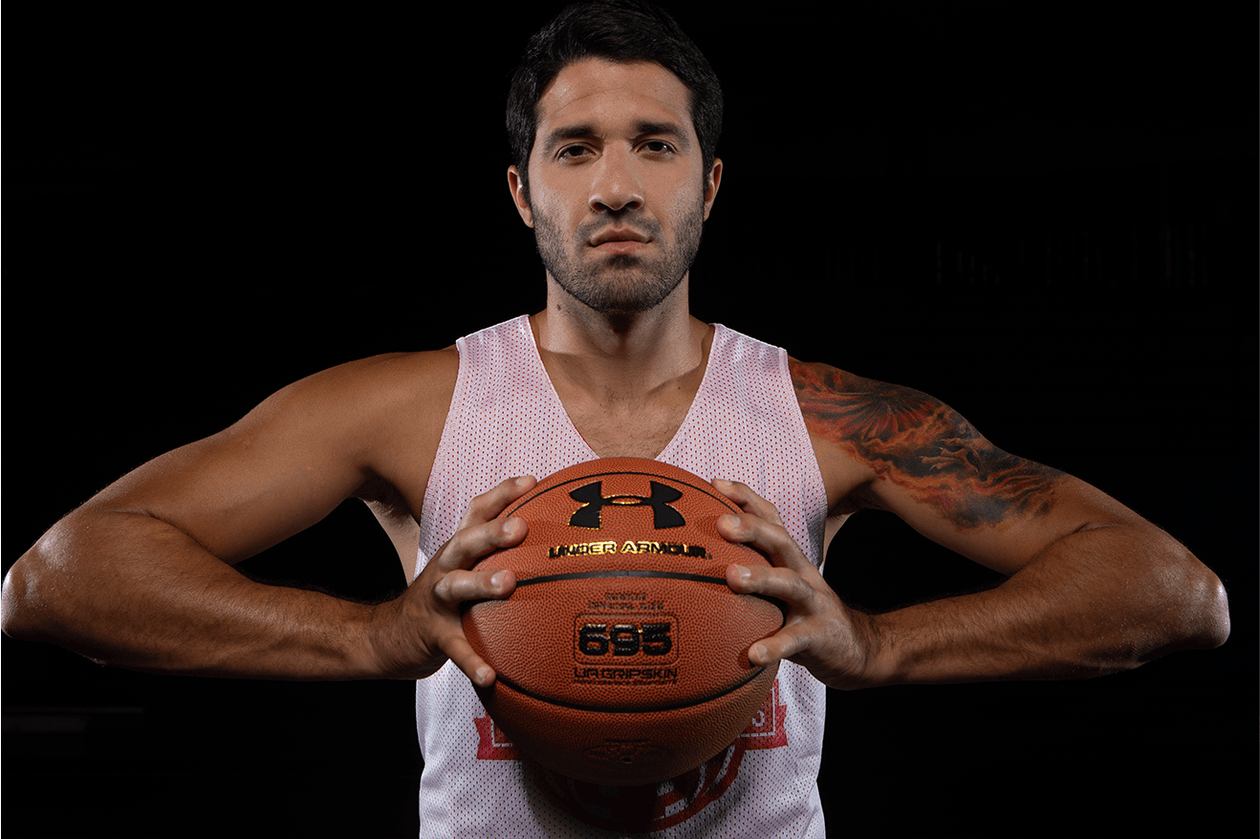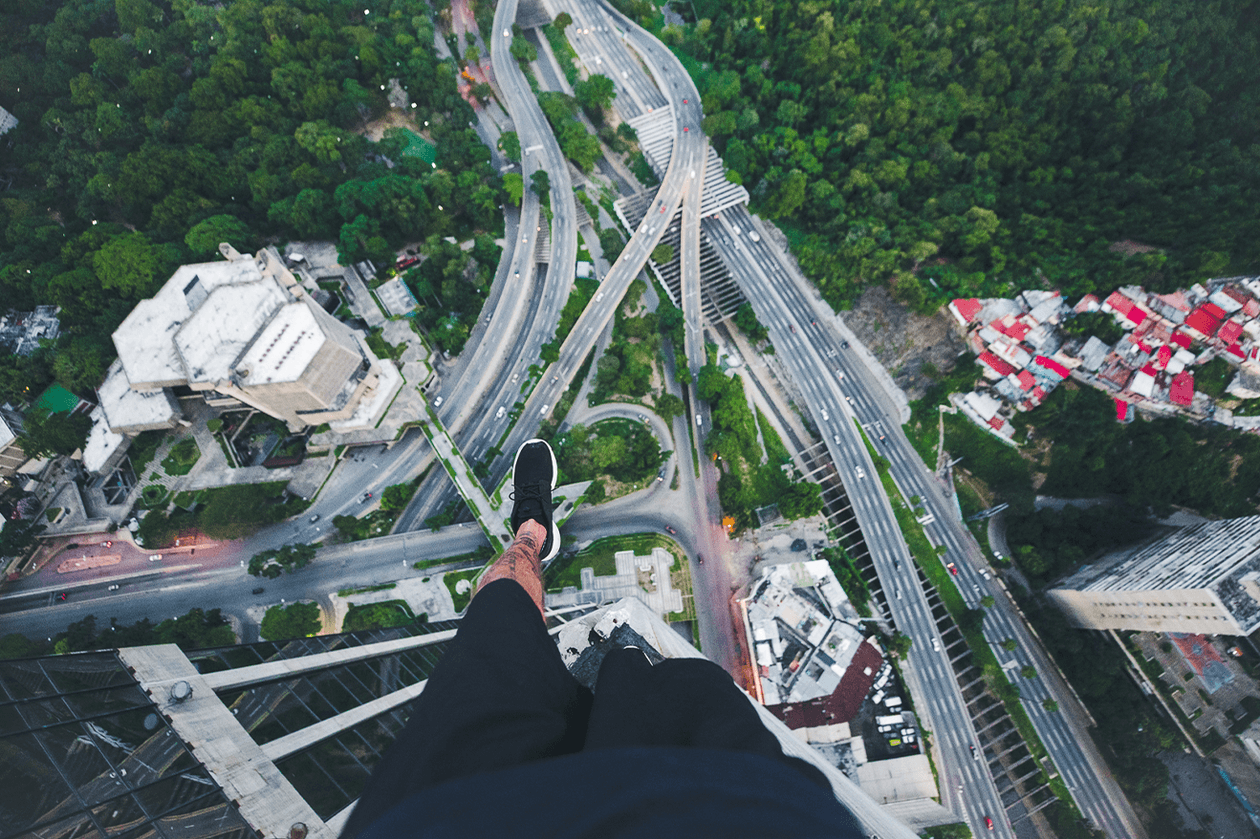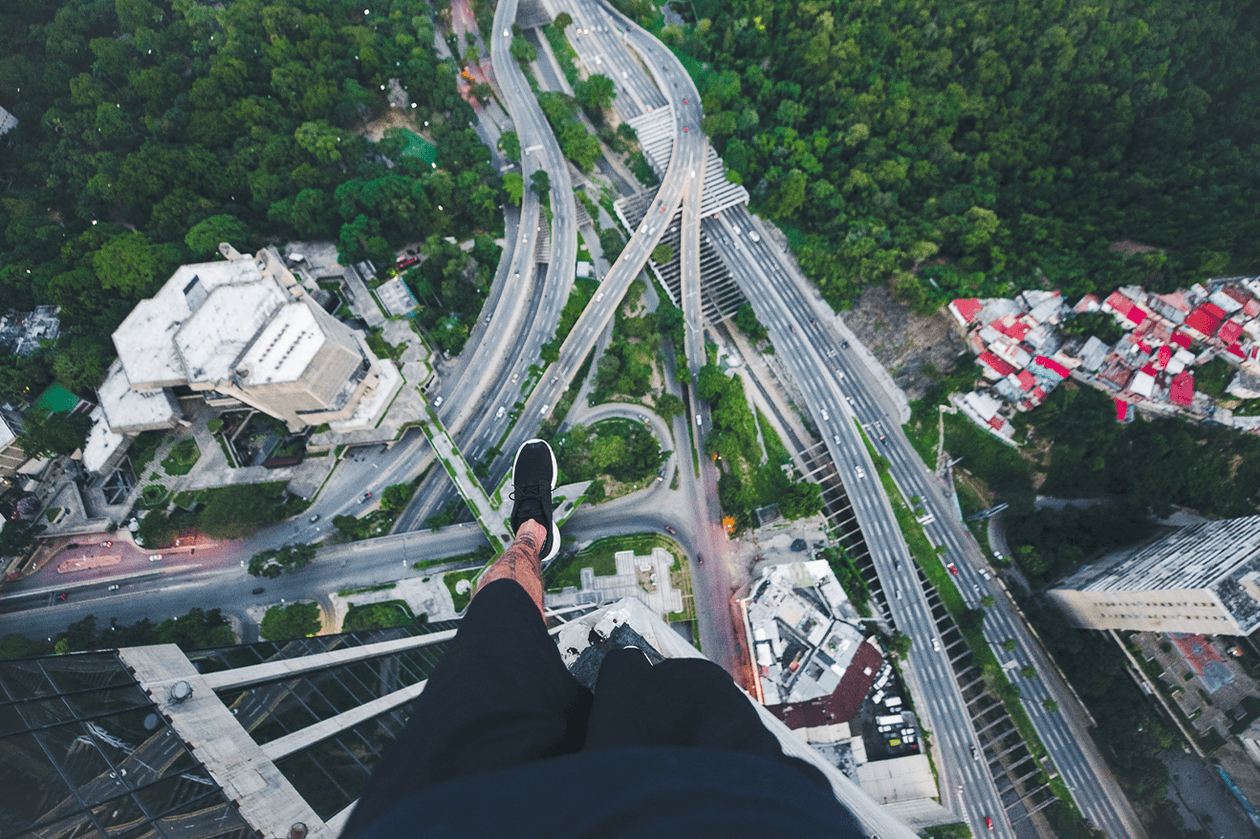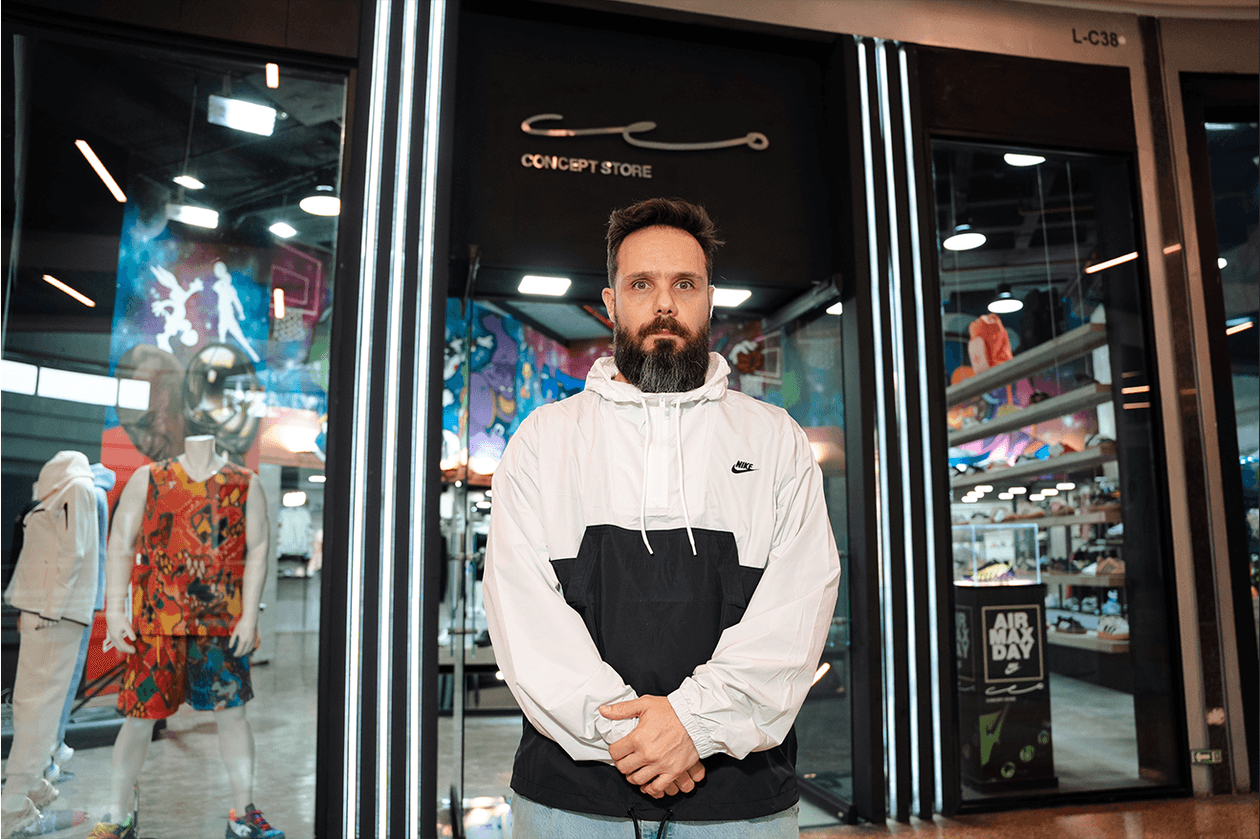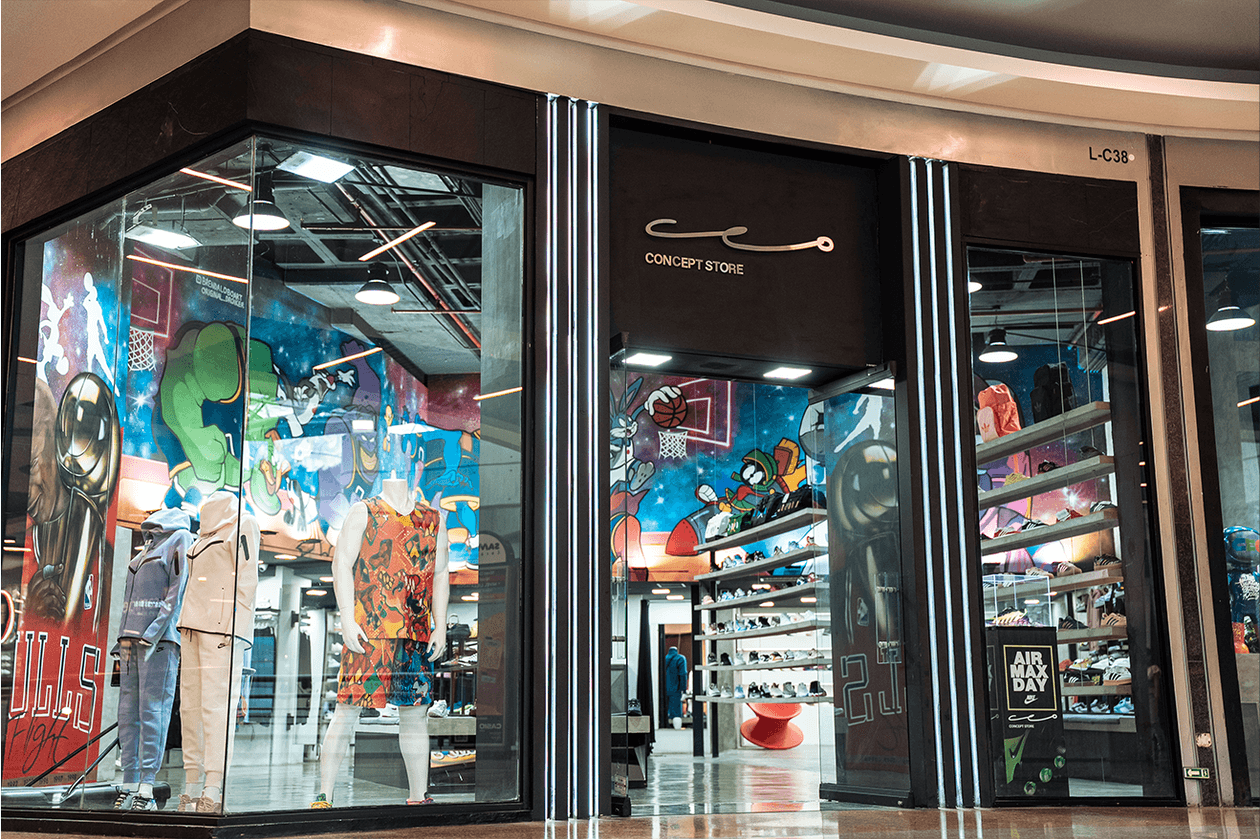Sneaker culture in Venezuela is hitting new levels. In a country where access has long been a challenge, sneakers have become more than coveted objects: they’re a visual language, a personal statement, and a way to connect with global culture through a local lens.
Venezuelan sneaker culture has never faded, evolving underground and becoming a key movement for well-dressed streetwear enthusiasts looking to stand out. The scene is being reignited by a new generation of creators, athletes, artists, and retailers. CEO stands at the heart of it all as the only neighborhood store reclaiming Venezuela’s place in global footwear. “Venezuela is back on the radar as a market with potential, energy, and a community that truly understands the value of sneaker culture. What we’ve built isn’t just a store — it’s a cultural bridge that crosses borders,” says store owner José Luis Couñago.
To understand the movement in Venezuela, we asked four key voices to share their perspectives on their local sneaker community and how they’re writing a new chapter for the region as a whole.
“Sneakers are more than style — they’re a story.”
Coes Sneakers
“In Venezuela, sneakers go beyond the everyday — representing identity, resistance, and cultural expression. Owning an iconic pair isn’t just about style but belonging and aspiration. Sneakers have helped build communities merged with music, art, and sport. They’ve inspired local aesthetics and influenced the entire artistic scene. In a way, sneakers have become tools for visual storytelling — allowing us to challenge norms, remix global trends, and rescue the heritage of silhouettes that defined past eras.”
“Sneakers opened the door to the game.”
Greivis Vásquez
“My relationship with sneakers has always been personal on and off the court. When I started in the NBA, there were heavy restrictions on what you could don on feet — your sneakers had to match the uniform. Today, players have more freedom to express their style, which has shifted the conversation entirely. For young athletes, sneakers are more than just casual gear — they bring a sense of motivation to your game. In Venezuela, I see kids not just inspired by basketball, but by what it means to wear a great pair of kicks: effort, pride, and community. Sneakers have become a tool to connect, to dream big, and to move forward.”
“My sneakers leave marks on the city — and on me.”
Francisco Rizquez
“Sneakers are deeply personal for me. Every pair tells a story, like chapters in a visual diary. Walking through Caracas, I feel like I’m literally and symbolically leaving a mark on the city. My work as an urban explorer is rooted in connecting with undiscovered parts of Venezuela. I choose my sneakers the way I decide how to shoot Caracas: carefully and with intention. For me, sneakers and the city are inseparable.
“We didn’t just bring sneakers back — we kickstarted a new cultural season.”
José Luis Couñago
“At CEO, we’ve spent the last few years reclaiming our place as a reference point in sneakers and streetwear through exclusive drops, cultural events, and community connection. Being part of the Neighborhood program — and the only one in Venezuela — means we build experiences that go beyond product. Venezuela is back on the radar as a market with potential, energy, and a community that truly understands the value of sneaker culture. What we’ve built isn’t just a store — it’s a cultural bridge that crosses borders.”
Venezuela’s sneaker culture is being rewritten — not by brands, but by its people. With creativity as fuel and community as a compass, the culture continues to grow — pair by pair, story by story, and step by step. Latin America has flourished into a key market for brands like Nike, adidas, and ASICS, and the region shows no signs of slowing down. From Mexico to Colombia and Venezuela, the movement is on an uphill climb spearheaded by a bright community that aims to reclaim the conversation.


